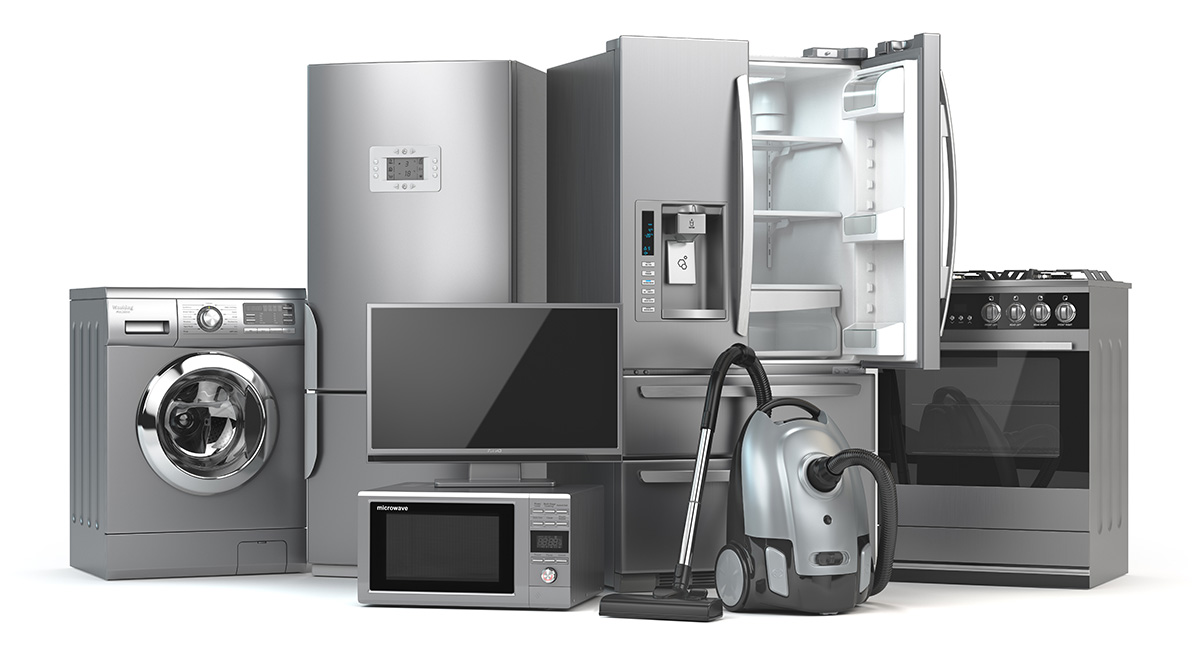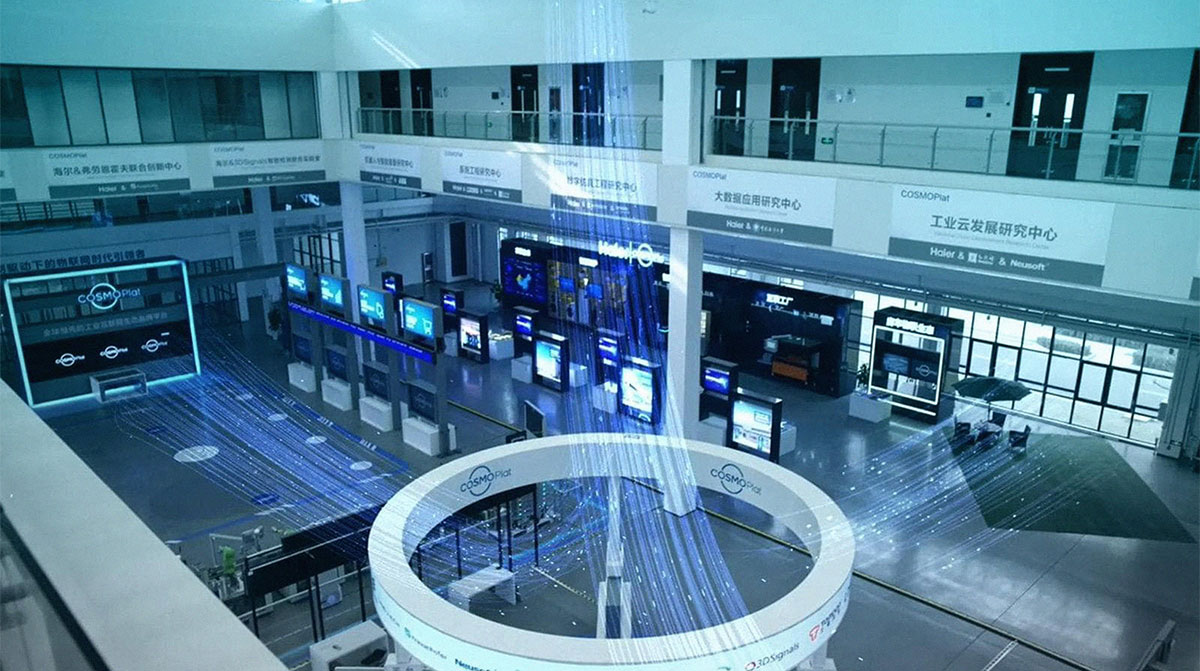"COLLABORATION WILL PLAY A SIGNIFICANT ROLE IN THE NEXT GROWTH SPURTS"

CHINA
Interview with Wang Liping, Vice President
Wang, China is the epicenter of the Corona pandemic as well as a pacesetter in the global economy. What is the current situation of the Chinese market?
The pandemic is a global stress test with an open end, but the Chinese economy is doing well so far. Of course, the zero-covid strategy with lockdowns andproduction stoppages like here in Shanghai poses major challenges for the economy. At the same time, the local value chains are proving to be stable, and we see relatively comparable opportunities for us: for example, in the last years we tried to establish a better position with local customers, and the top local players in each industry are moving to an even stronger position which bring more opportunities for us, like food industry. Moreover, the images of idle production lines convey only a selective picture of an economy whose dynamic and growth have been slowed, but not halted. Currently, this is particularly clear in two areas: first, we see a clear concentration of the market on the top players in key industries such as automotive, consumer goods or IT. The top three to five companies are growing fast, particularly in terms of profitability. Second, China's society is very dynamic, people are changing jobs, e.g. from the manufacturing to the internet sector. This is also promoted by the government, especially with high-investment subsidy programs for start-up companies in the field of digitalization.
Do you see significant impacts for the consulting industry in this situation?
Chinese companies have not cut their budgets for consulting projects. On the contrary, they try to understand the new situation and want to anticipate the next development steps. So, they are willing to invest in support and appreciate the value of this assistance. But with all the new economic developments, like those related to the internet, there is another big change: I think the industry is becoming more mature. And more and more companies are following our consulting concept that we need a mature process as a basis.
For example, we usually get two kinds of requests now from corporations and large enterprises. On the one hand, they’re looking for quick problem solvers. And on the other hand, for someone to build them a powerful operations management system to enable them to solve their problems in daily life themselves. And that is what we’re known for and why we’re always working with the big brands from a wide range of industries.
How does EFESO differ here from other consultancies?
For China, I can make many local decisions to suit the local market situation. Some consultancies still follow a variety of global process models and their global policies, many steps and decisions have to be approved by their headquarters. But in the end, solutions are often not really adapted to the requirements of the local market in China. We, on the contrary, have an independence that allows us to do the right things for our clients here.
China's economic dynamic and
growth have been slowed, but not halted.
Let's stay on the topic of digitalization for a moment. What trends are you observing here among your clients?
Individualization is certainly atop trend. For example, one of the leading Chinese beverage companies checked a lot of different standard solutions to digitalize its operations processes, but also some local bigger platform solution provider. In the end, they said: standard kits are not the way to go. So, they did their digital development module by module and decided from the process point of view, which hardware and software parts are ideally suited. The main goal here is to improve the cross-departmental management process. Many companies are currently setting themselves this goal, regardless of the industry or the level of digital maturity already achieved in the organization. Ideally, then, the IT department is working closely with the other departments, for example the purchasing and production teams, to understand the respective workflows. This is also a better and faster way to make decisions, which digital tools or systems are necessary and suitable. Furthermore, we work with the client on specifications to teach the technology providers how to improve their product. This form of collaboration will play a significant role in the next growth spurts.
Do you see any points of contact between digital transformation and sustainability criteria?
Sustainability is also a new and hot topic in China, but maybe as not deep yet as it is already in Europe. The awareness of issueslike Carbon Footprint is developing quickly, and the pollution issue has been changed a lot especially in the more developed areas likein the Yangzte delta region. So, there are already some pioneers and best practice companies, and the government is doing a lot. For example, how to save energy in manufacturing is an important part in governmental factory programs.
Individualization and cooperation are
the TOP trends in industrial digitalization.

What about the human dynamic dimension? Do you see a typical style of leadership or teamwork in China, for example?
The leadership style between China and Europe, or let's say between East and West, is very different. Human dynamics plays an important role in our projects since everything is getting more complex in daily business and it’s difficult to get clear KPIs and clear results in a shorter time frame. With a different style of leadership and the way we handle human dynamics, we find a lot of attention from client side.

Best Practice for digitalization: highly interconnected IIOT ecosystem at Haier Sino-German Intelligent Park
At Haier Sino-German Intelligent Park in Qingdao, China, elextronics group Haier is using an exceptionally innovative IIoT solution. In contrast to the use of IIoT solutions in a single factory, the entire industrial park uses a uniform, intelligent production system. With this solution, the company won the INDUSTRIE 4.0 AWARD of EFESO.
Its core is a "smart" manufacturing system for mass production according to individual customer requirements. An R&D production system also ensures an optimal exchange of information. Haier uses this system to network four factories that manufacture alternating current systems, refrigerators, washing machines and water heaters.
At the heart of the solution is the online platform COSMOPlat, with which the company interacts directly with its customers and thus quickly identifies their needs. This provides flexibility for subsequent order changes, shortens delivery cycles and avoids high stock levels. Above all, however, customer experience is a valuable asset in the further development of the products.
Learn more about the solution and the INDUSTRIE 4.0 AWARD.

